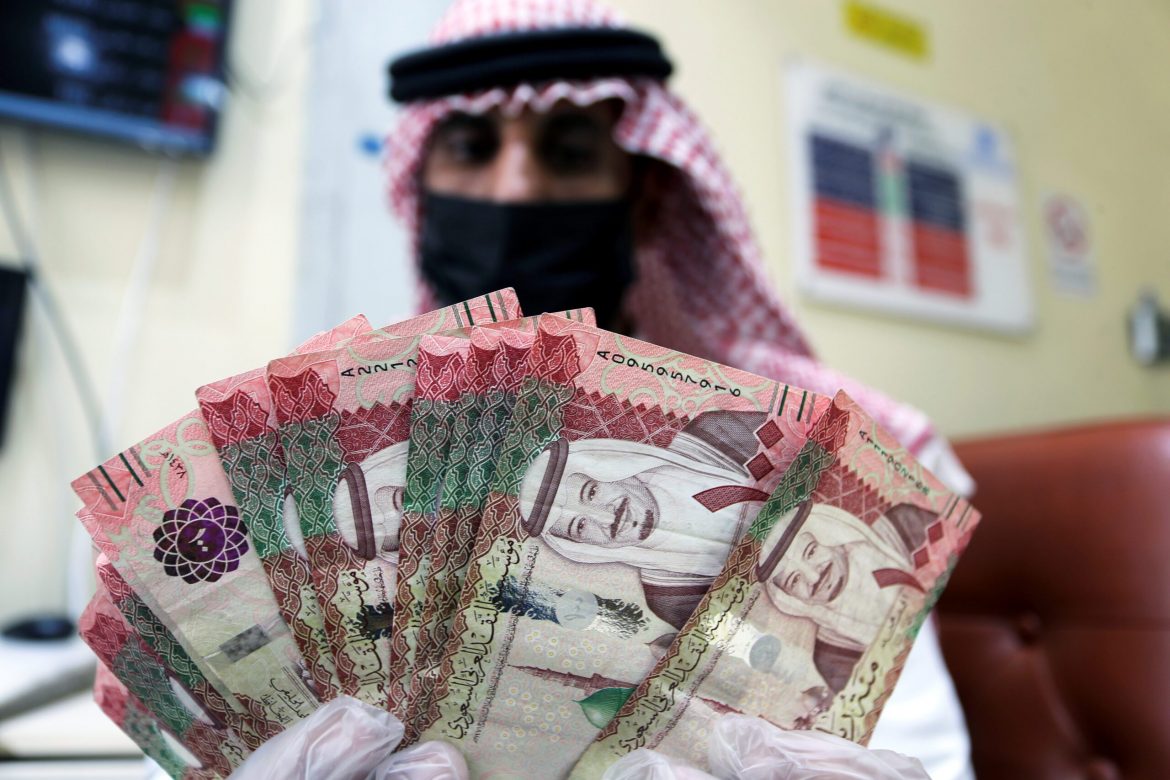- CBDC value fixed by central banks
- Threat to money exchange businesses
- UAE, Saudi at ‘proof of concept’ stage
Countries in the Middle East can promote financial inclusion and boost cross-border payments by adopting central bank digital currencies (CBDCs), the International Monetary Fund has said.
A CBDC is a form of digital money, similar to cryptocurrency except that its value is fixed by a central bank and is equivalent to the country’s fiat currency.
Instead of printing money, the central bank issues digital coins so that online transactions and transfers are simplified.
You might also like:
Economic indicators from every GCC country
Endorsement of virtual currencies by the IMF is a significant development for the region where countries have displayed differing levels of enthusiasm for digital and crypto currencies. The UAE, Egypt, Bahrain and Saudi Arabia have generally been keen. Others, notably Kuwait, less so.
The rise of CBDCs, which have low transaction costs, also threatens the future of the Middle East’s lucrative cross-border money exchange businesses.
Many countries in the region are currently exploring a CBDC and are at the research stage.
The UAE, Saudi Arabia, Bahrain and Georgia have already moved to the more advanced “proof of concept” stage, the IMF said in a blog.
- Digital lenders eager to tap into Egypt’s unbanked masses
- Card payments market in UAE to be worth $139bn in 2024
- The Gulf is ripe for fintechs to serve the underserved
Kazakhstan is the most advanced after two pilot programmes for the digital tenge.
Earlier this year, Egypt’s central bank also said that it is preparing to issue a digital pound by 2030. However, the bank did not disclose further details.
“CBDCs can potentially help improve the efficiency of cross-border payment services,” the IMF said.
“This appears to be an important priority for oil exporters and the Gulf Cooperation Council countries of Bahrain, Kuwait, Oman, Qatar, Saudi Arabia and the UAE.”
By fostering competition in the payments market, as well as allowing transactions to be settled more directly and with less intermediation, CBDCs can also contribute to financial inclusion, the IMF said. This will lower the cost of financial services and make them more accessible.
The IMF said that CBDCs may compete with bank deposits, which represent a significant portion of regional bank funding.
Deposits make up a large share of bank funding in the region, about 83 percent.
“For monetary policy, CBDCs could strengthen the pass-through into deposit rates by increasing competition among banks,” the IMF said.
